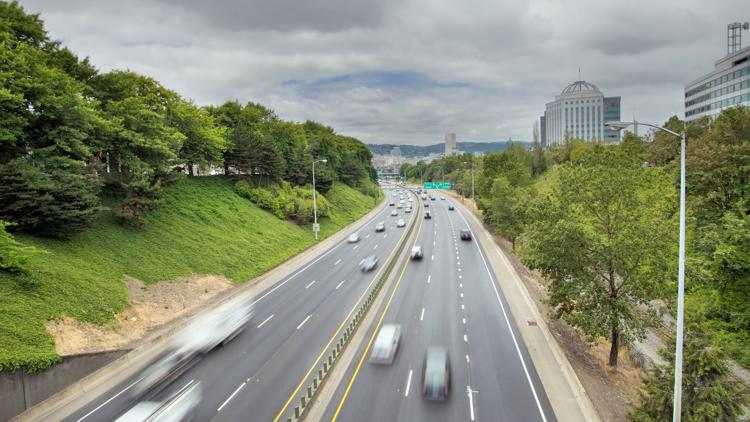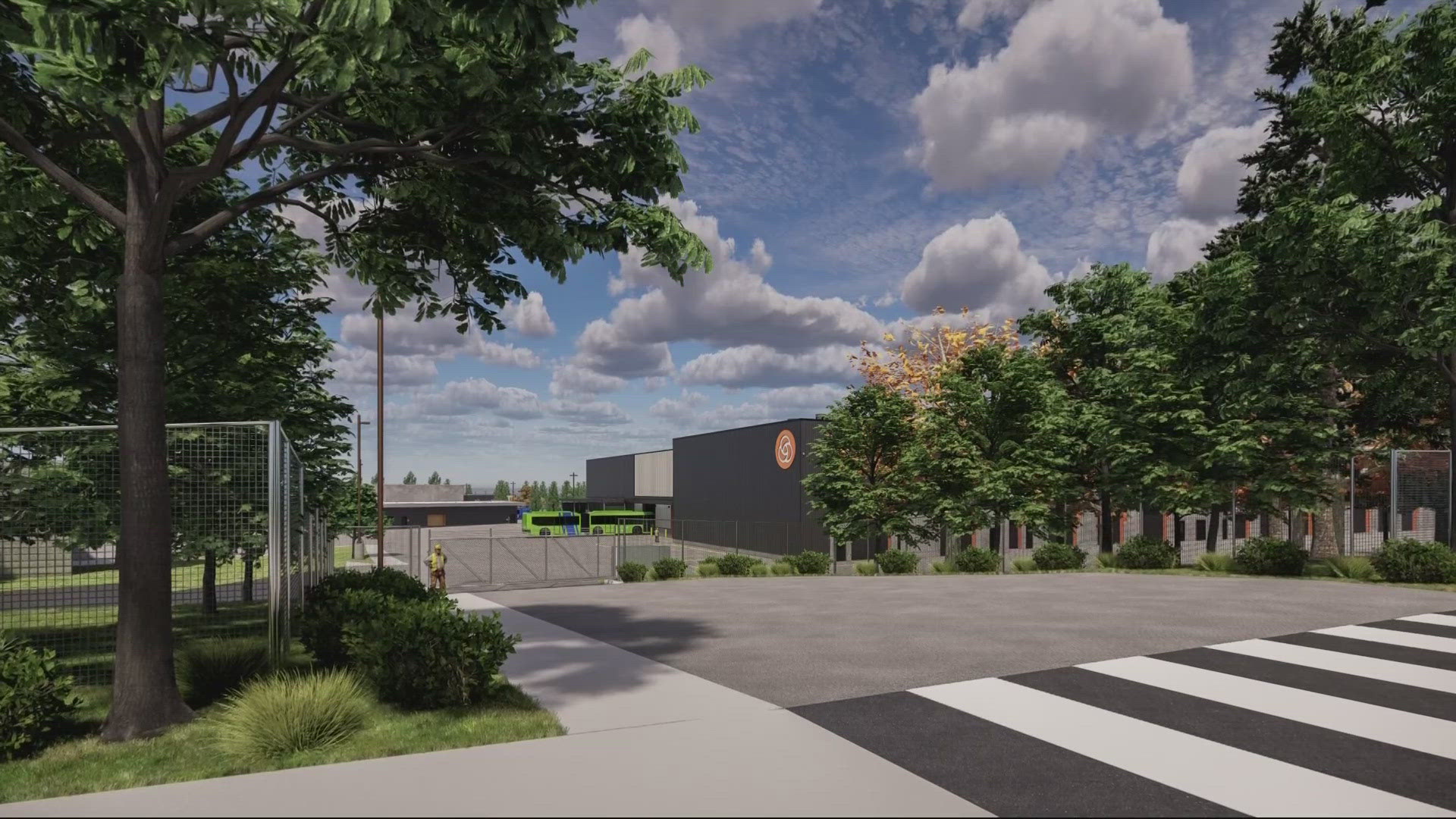PORTLAND, Ore. — The state of Oregon is back on track to pursue one of the most aggressive programs to address climate change in the nation following a year-long interlude brought on by a court decision.
A commission that governs the Oregon Department of Environmental Quality adopted the Climate Protection Program in a meeting on Thursday. The program sets declining limits on greenhouse gas emissions over a period of decades, with the goal of reducing emission in Oregon 50% by 2035 and 90% by 2050.
Under the program, DEQ will oversee the emissions "cap" by giving out credits to regulated businesses, including fossil fuel suppliers and large manufacturers, with each credit equaling one ton of emissions. Over time, the cap will decline, and impacted businesses can either cut emissions, save and trade credits, or pay into DEQ-approved programs to meet their obligations under the program.
“Oregon is committed to acting boldly and consistently to do our part to protect our climate,” Governor Tina Kotek said in a statement. “The Climate Protection Program will keep polluters accountable and fund community investments that will reduce greenhouse gas emissions in Oregon.”
Critics have attacked the program as an onerous expense that will be passed down by large companies onto smaller ones and consumers, particularly through higher fuel prices.
When Democrats in the Oregon Legislature attempted to pass a similar "cap-and-trade" bill in 2019 — called "cap-and-invest" by proponents — it triggered the first in a series of Republican walkouts that have ground legislative business to a halt in multiple legislative sessions since, the most recent being earlier this year.
Only the first two of those Republican walkouts were related to cap-and-trade, but they succeeded in kicking the matter out of the legislature. Democrats abandoned efforts to pass the bill, and then-Gov. Kate Brown instead rolled a similar plan out via executive action in 2020.
That's what became the Climate Protection Program, which launched in 2022. But in late 2023, opponents of the program succeeded in getting it overturned. An appeals court determined that the program's rules were invalid — not because the DEQ did not have the authority to manage such a program, but because it made an error in the rulemaking process.
Ever since, DEQ has been going through the process of restarting the program, which essentially required coming at it as if it were brand new. The agency said in a statement that it ran a "robust and inclusive rulemaking process" that took into account input from a range of stakeholders. That did result in some changes this time around.
For one, DEQ said, they will regulate certain "emissions-intensive, trade exposed" industries separately to give them more flexibility, as well as setting targets for specific manufacturing facilities.
“This new way of separately regulating manufacturers was an early request from the business community and a distinct change to the program,” said DEQ Director Leah Feldon. “This approach brings these facilities in under the cap and accommodates changes and growth in Oregon’s manufacturers. I want to thank everyone who poured so much time into this process — DEQ staff, advisory committee members, commenters, and everyone else who led us to put together the best program for Oregon.”
They'll also be working with the Oregon Public Utilities Commission to determine if the program is having a significant impact on natural gas bills, and auditing the programs that DEQ approves for investment to make sure they're actually helping to reduce greenhouse gases and promote environmental justice.
The Environmental Quality Commission voted unanimously to adopt the Climate Protection Program on Thursday. The first compliance period is set to start Jan. 1, 2025, and will cover emissions through the end of 2027.
In the meantime, DEQ will still have to develop rulemaking on carbon emissions for the aforementioned manufacturing facilities, which are expected to go into effect during the second compliance period of 2028 to 2029.
“This program maintains Oregon’s commitment to addressing climate change, transitioning our economy to remain globally competitive, and investing in our most impacted communities across the entire state,” said EQC Chair Matt Donegan.



